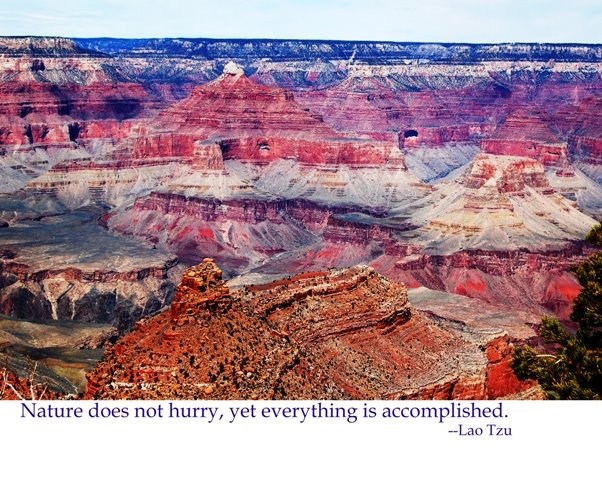Cathy and I love to camp. When we lived in Texas, we would take a spring and fall vacation, usually to Arizona and camp. One of our favorite trips was through southern Arizona. We camped the first night at Roper Lake State Park. The park has a tub-sized natural hot spring and a cattail-infested lake, about the size of a small pond. It had nice campsites, and most importantly, a shower and restrooms. We like to camp, not rough it! While we were there, it rained non-stop from the time we finished setting up the tent until after dark. We cooked spaghetti and after eating, went to bed early, listening to the rain on the fabric of the tent. The rain let up at about 10, and I had just dozed off when we were both awakened by a loud roar. Engine roar, not bear roar. If you have never camped a couple of miles from a dirt race track, it is a quite an experience. Between the roar of all the race cars and the, apparently state of the art, public address system, it was just like being there. Only without being able to see the race of course.
The next morning we drove north to Fort Thomas. I had specifically chosen this route so we could see Fort Thomas. My Grandpa Doode had been stationed there before World War II. I thought it was a military assignment, but later learned that he was working with the WPA at the time. He had a lot of stories from his short time in Arizona, so he must have really liked it. He grew up in the same part of Texas where I have lived the majority of my life. So he and his friends were very impressed with Mount Graham. They had arrived by train at night, and did not see the mountains until morning. They had free time on their first day at Fort Thomas, so Grandpa and some friends went to the mess hall to see if they could get a sack lunch and then go climb the mountain. The cook laughed and told them they were welcome to try, but that the mountain was over 40 miles away. Having grown up on the comparatively flat hill country of north Texas, they had no perspective to apply to the almost 11,000 feet high mountain. They were offered some recreation though. Grandpa said their boss came into the barracks and told them there would be a baseball game that night, if anyone was interested in playing. Of course, they all thought they were budding baseball stars, so they volunteered. It was not until game time that they noticed the donkeys and learned the game would be played in front of a large crowd and on the backs of donkeys!
His favorite story of Fort Thomas was about a rescue mission they went on. The area around Fort Thomas is high desert. Daytime temperatures go well over 100 and nights get cool. They were told about a hunter that had apparently got lost in the rough area. His family had not seen him in a couple of days. With black bears, mountain lions, and of course rattlesnakes in the area, they feared that something had happened to him. So a group of volunteers from the WPA camp were recruited to search for the lost hunter. While it was a break from their normal duties, it was by no means fun. Searching in the dried stream beds, watching for snakes, and of course enduring the incredible Arizona heat was miserable. And worse, they found no sign of the hunter during their search. Grandpa was sitting at the fire with a few of his fellow searchers the first night when one of the men asked the name of the poor fellow they were searching for. When they told him the name, he said "that's me!" He had been out hunting and came across the rescue party. Since he knew the area, he joined the search. The wise man in charge told him to be quiet and not tell anyone else, or he would definitely be in need of rescue. The next morning they called off the search and returned to Fort Thomas.
Roper Lake and 29 other Arizona state parks are scheduled to close by the end of June due to a state budget shortfall. A privately owned company has offered to lease the right to run the parks for a profit from the state. The rates charged would be the same or possibly a little less than the state charges, and they would be subject to state oversight of all operations. His company runs more than 100 former state parks nationwide. He said that 98% of them turn a profit in addition to paying a fee to the state. Arizona's state government is hesitant to contract the parks to his company. They are concerned about a privately owned company making a profit off state owned land! Their other option is to close the parks altogether and let them deteriorate while no one gets to visit and neither the state nor any private individual earns any income from the use of the land. Seems like some state legislators need to hear the proverb about "cutting off your nose to spite your face." One day, hopefully very soon, we Americans will learn that government is the source of, not the solution to, the majority of our problems.
+with+quote+sized+for+web.jpg)








